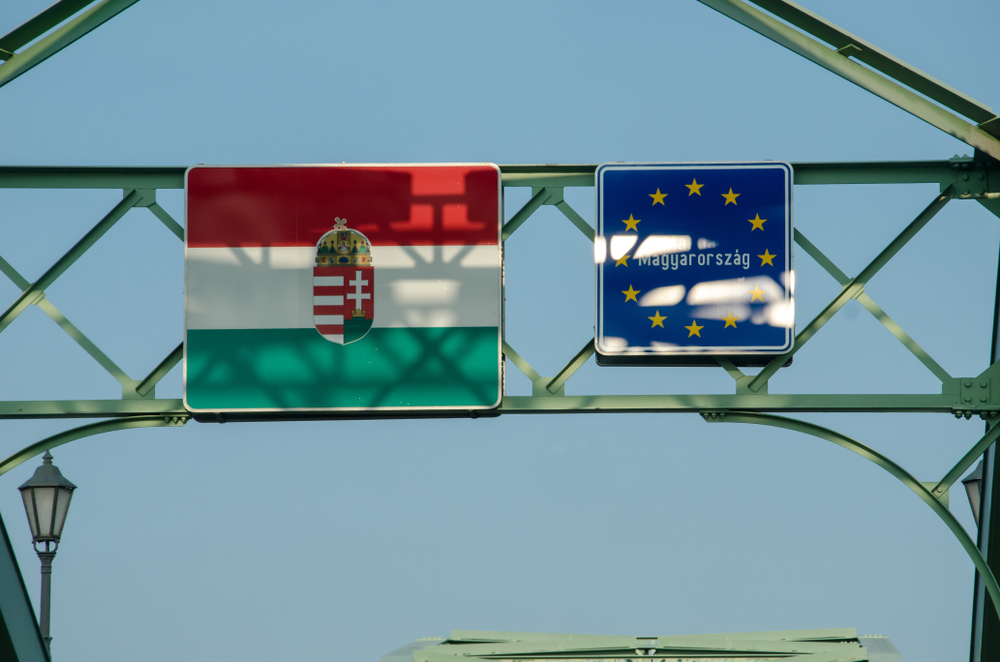The Slovak government has announced the reinstatement of temporary checks on its border with Hungary, seen to be a response to Poland, Austria, and Czechia’s decision to impose a similar measure on their borders with Slovakia.
Random checks will be conducted at the Hungarian border from midnight on Thursday until Oct. 14 after the outgoing cabinet of Prime Minister Ľudovít Ódor issued the order by government decree. He insisted that the border will remain open and operational, but there may be some delays as a result of the restrictions.
The Slovak administration claimed that more than 40,000 illegal migrants have crossed into the country so far this year, with September’s figures dwarfing the number of undocumented arrivals for the whole of 2022.
“The reason is the increased number of illegal migrants who come to Slovakia from our southern neighbor,” the government said.
The Slovak caretaker prime minister said that the measures won’t have much effect and has long called for a European solution to the ongoing migration crisis, claiming that more must be done at the external border of the borderless Schengen Area.
[pp id=94465]
A 10-day period of increased border security along Slovakia’s borders with Poland, Czechia, and Austria began on Wednesday as their respective governments sought to curb the influx of new arrivals.
Ódor claimed the move had been initiated by Poland’s conservative government, which is contesting a closely-fought election due to take place on Oct. 15.
“The whole thing has been triggered by Poland, where an election will soon take place, and the Czech Republic has joined in,” Odor said.
Hungary has taken extraordinary measures to date in order to protect its external border with Serbia, constructing a border wall and deploying significant resources to its southern border to combat illegal immigration into Europe.
The Hungarian position has long been in favor of prospective asylum seekers being compelled to file their applications from outside the bloc; this would mitigate the magnet effect, which is currently attracting tens of thousands of migrants to try their luck at entering Europe, knowing that the vast majority who enter EU territory are not deported back to their country of origin.
Prime Minister Viktor Orbán’s administration has remained opposed to the plans for asylum reform by Brussels, manifested in the EU’s migration pact, which would see member states obligated to receive migrant quotas or risk financial penalties for each migrant they refuse.






